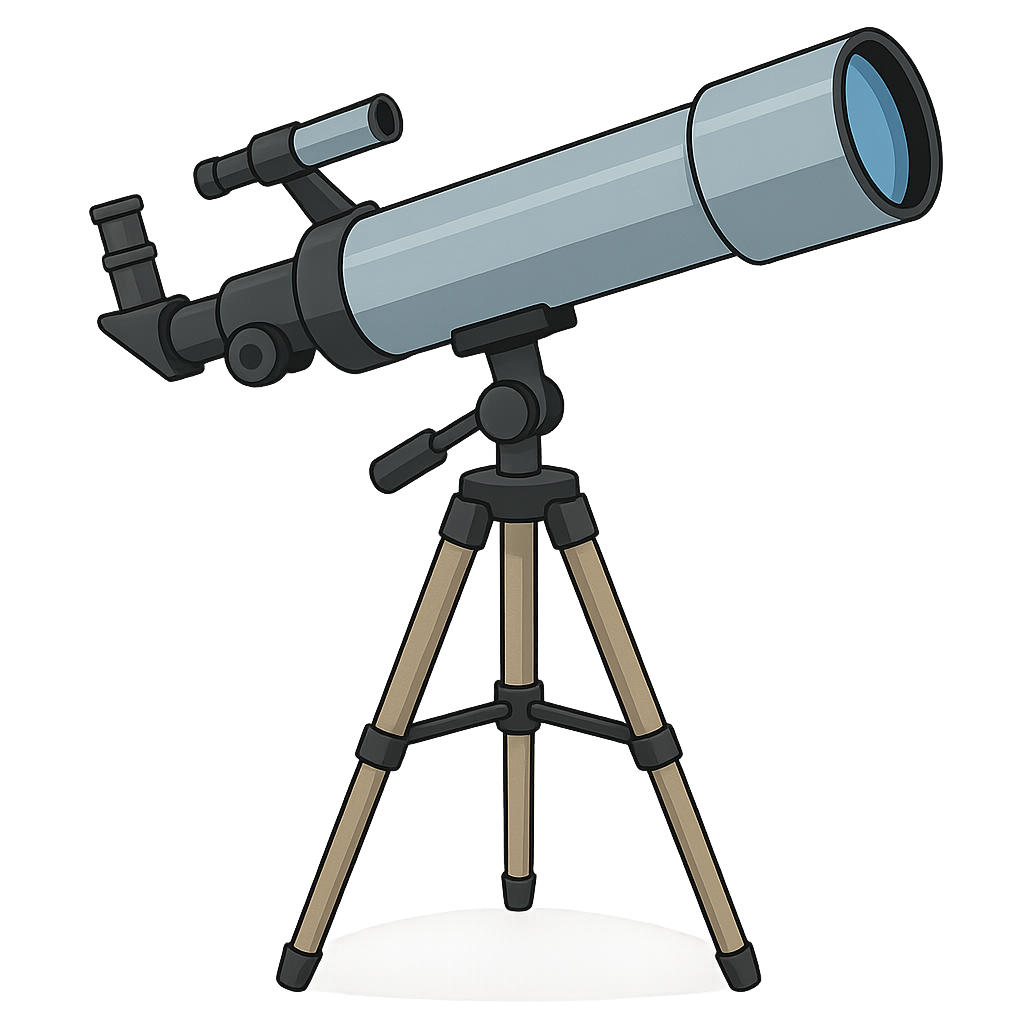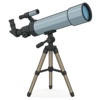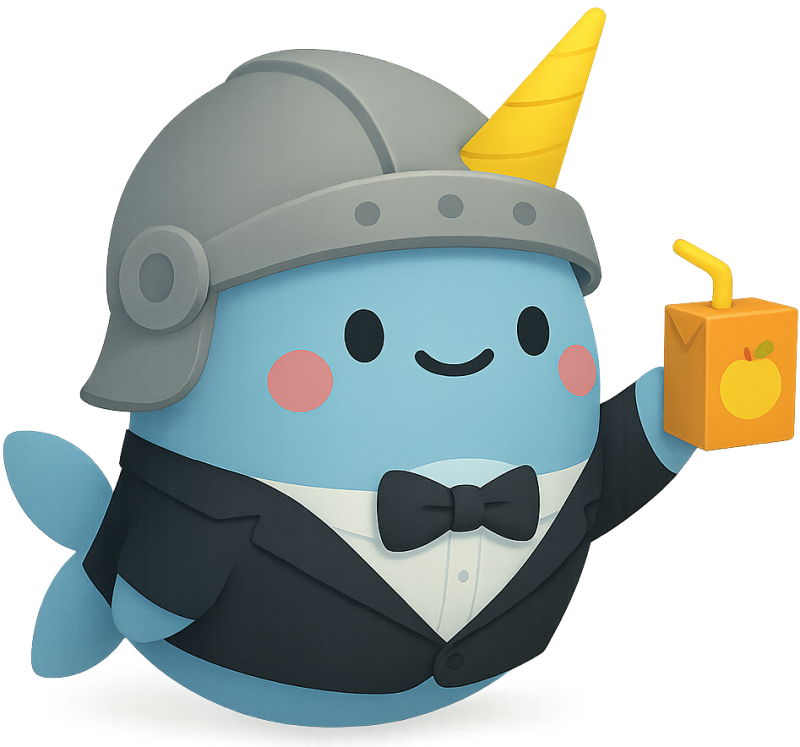Galileo and the Starry Messenger
My name is Galileo Galilei, and for as long as I can remember, my greatest love has been the night sky. Here in Padua, Italy, over 400 years ago, I would spend my nights gazing upwards at the velvet black blanket above, sprinkled with what looked like diamond dust. The moon was a lovely silver coin, and the planets were wandering lights. But oh, they were so far away! It felt like trying to read a wonderful, mysterious book from across a giant room. I yearned to see them more clearly, to uncover their secrets. Then one day, a whisper of a rumor reached my ears, carried on the winds from Holland. A Dutch eyeglass maker named Hans Lipperhey had supposedly invented a 'spyglass' that could make distant ships at sea appear as if they were right at the harbor’s edge. My mind immediately raced. If this spyglass could bring ships closer, what could it do for the stars?
Wait for a ship to bring one of these spyglasses all the way from Holland? Impossible! My curiosity was a roaring fire that simply could not be put out. I had to have one immediately, and if I couldn't buy one, I would build one myself, and I would make it even better. I rushed to my workshop and began to experiment. I learned about lenses—special, curved pieces of glass. Can you imagine taking a piece of glass, as flat as a puddle on a calm day, and carefully, patiently, rubbing it with sand until it curved just so? It took so much work! I figured out that I needed two different kinds. One lens had to be convex, bulging out like a little belly, to gather the light. The other had to be concave, curving inward like a shallow bowl, for the eyepiece. I built a long tube of wood and leather to hold them. I remember the moment I first put them together. I held them up, my heart thumping like a drum, and pointed my new creation at a distant church bell tower. Magnifico! It was as if the tower had leaped right in front of me! My first one made things three times bigger. That wasn't enough. I worked and polished, and my next one made things eight times bigger. Finally, I crafted a 'perspicillum,' or as I liked to call it, my 'looking glass,' that could magnify things twenty times. Now, I was ready for the real test.
Everyone who saw my looking glass used it to look at buildings or ships. But I had a much bigger idea. One clear evening, I took a deep breath, carried my telescope outside, and pointed it… up. What I saw made my heart stop. I first aimed it at the moon. It was not a smooth, silvery pearl as everyone believed! It was a world, just like our own! It had towering, rugged mountains that cast long, dark shadows across its surface, and deep, round craters like giant scoops had been taken out of a ball of cheese. I was the first human in all of history to see that the moon was another world. Then, I turned my gaze to the planet Jupiter. The giant planet was not alone. It had friends! Four tiny, perfect points of light danced around it. Night after night I watched them, and I realized they were moons, orbiting Jupiter just as our moon orbits the Earth. This changed everything. It meant our Earth was not the center of every single thing in the sky. And the Milky Way, that hazy, milky band across the sky? It wasn’t a cloud at all. Through my looking glass, it exploded into a river of countless individual stars, more than anyone could ever hope to count.
My perspicillum was more than just some polished glass in a tube. It was a new set of eyes for all of humanity. It was the very first window we ever opened to look out into the vast, incredible universe and see what was truly there. For the first time, we could see that the heavens were filled with wonders that no one had ever dreamed of. My simple invention was just the beginning of a fantastic journey. Today, your scientists have giant telescopes, some as big as buildings, and some that fly through space! They are the great-great-grandchildren of my little looking glass, still peering into the darkness, still asking questions, and still making discoveries that would make my jaw drop. All it takes is a curious mind and the courage to look at the world, and the universe, in a new way.
Reading Comprehension Questions
Click to see answer



